Welcome to In Reading Color, a space where we focus on literature by and about people of color.
I love fantasy, as evident by my many proclamations of that fact in this newsletter, and all the fantasy I recommend. I will admit, however, that the older I get, the more I skim that ish, honey. I appreciate the world building, really, but it’s hard enough keeping up with the real world to learn the 50-leven new terms and clans in the first few chapters. I thought I was just lazy, but this TikTok validates me! (We sure do pretend! *sweats in tired fantasy reader*)
With that said, I do have a couple new fantasies for you, as well as some nonfiction to balance things out. Before we get to it, though, make sure to check out our latest newsletter, The Deep Dive. It’s full of informed takes, useful advice, and more from experts in the world of books and reading. Subscribe and choose your membership level today at bookriot.substack.com.
Bookish Goods

Black Authors Bookstack Sticker by EclectiqueCreative
I love the the color scheme of this sticker that features some of the most iconic Black authors. $3.50
New Releases
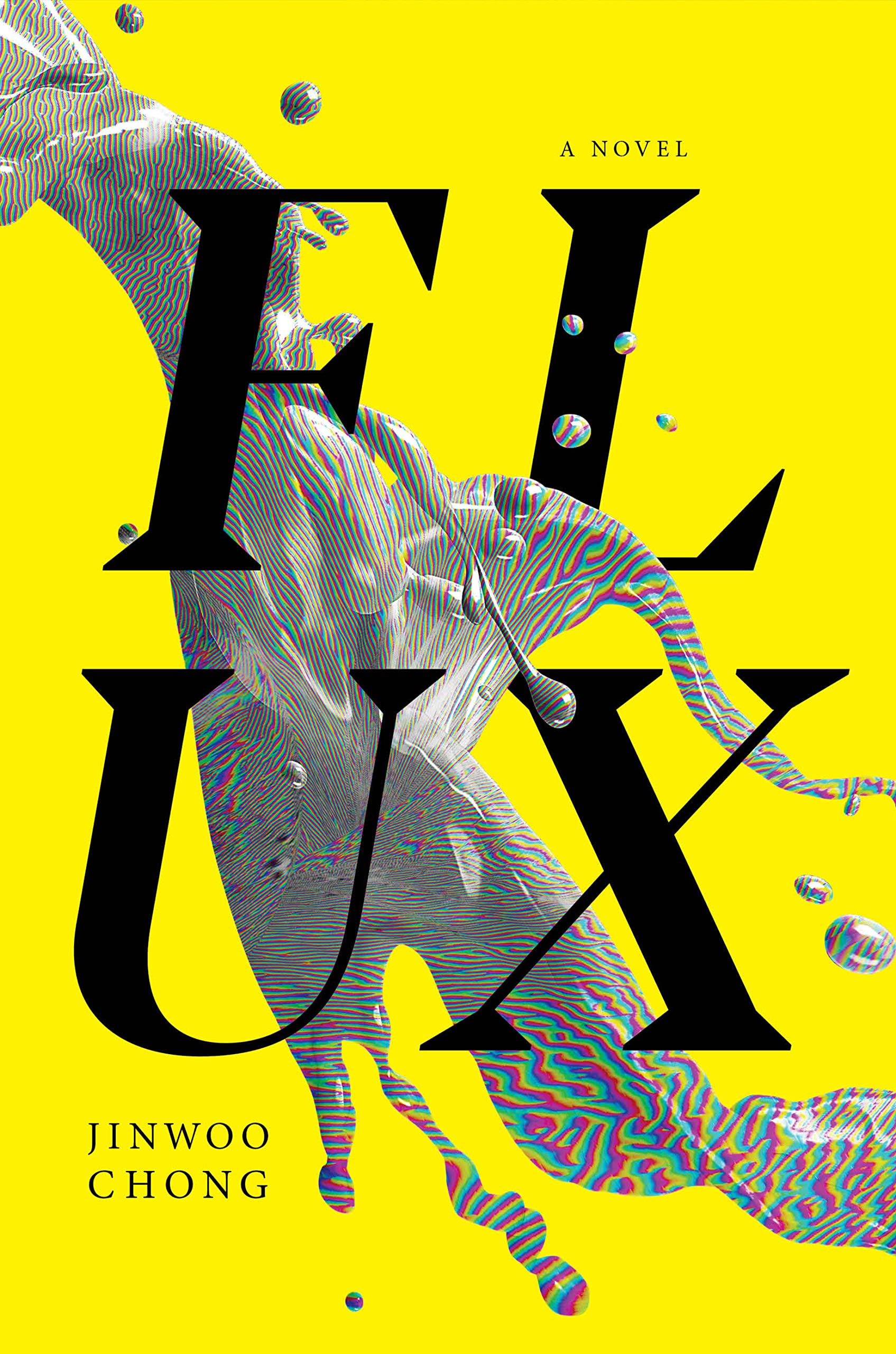
Flux by Jinwoo Chong
Brandon is 28, loses his job, loses his shit (temporarily), then is offered a mysterious job, where he proceeds to lose his shit again. It’s a different kind of losing it, though, because every day he goes into his job at Flux, a bioelectric tech start up, he can’t remember big chunks of time. And he doesn’t know why. Then there’s 8-year-old Bo, who loses his mother and starts to fall away into an ’80s show called Raiders. Finally, 48-year-old Blue wakes from a coma, can only speak through a cybernetic implant, and is involved with exposing the seemingly murderous misdeeds of the Flux company. Asian identify and tragedy connects the characters as a larger mystery unfolds through time travel. It’s a lot, but in all the best ways.
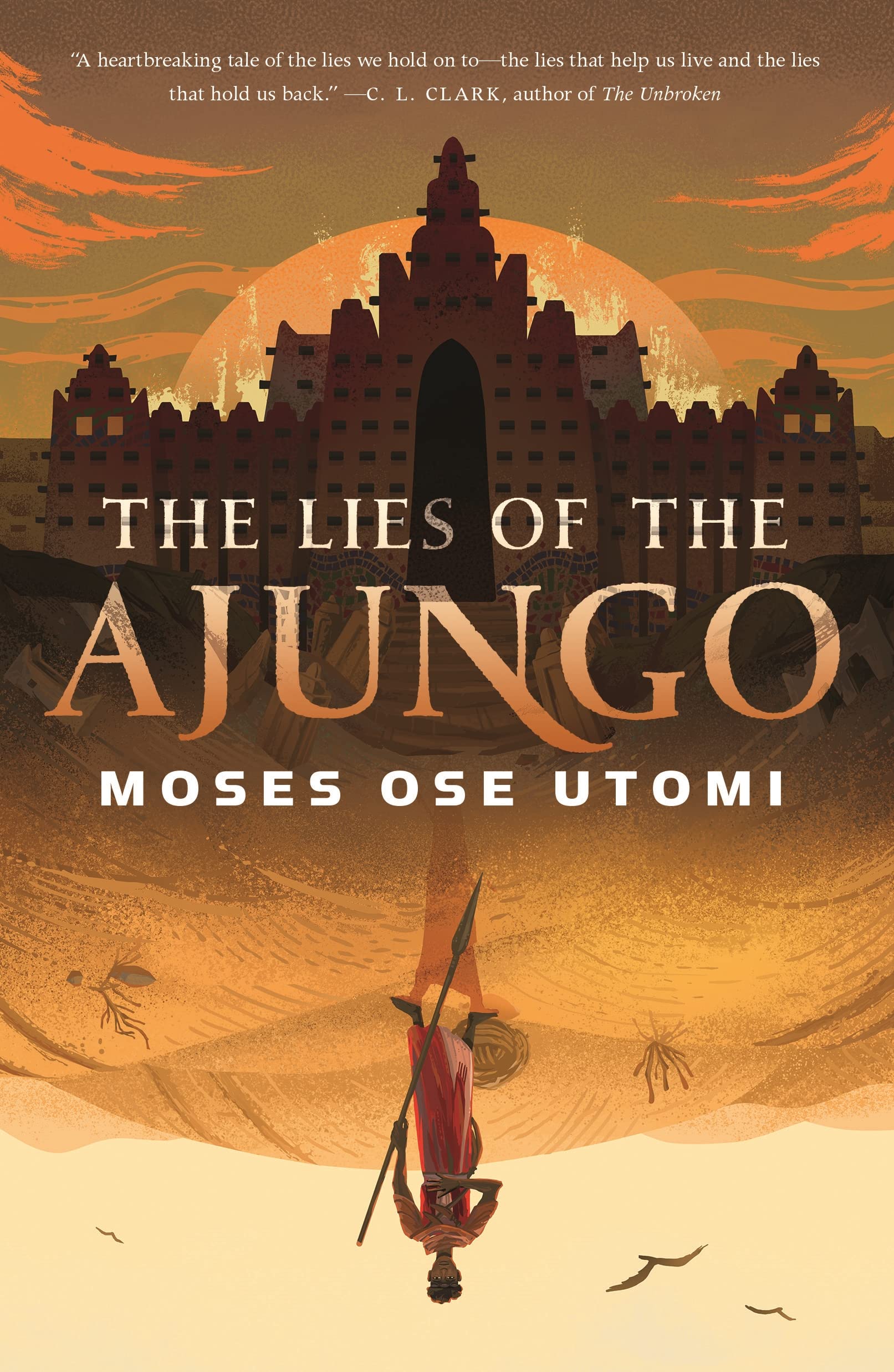
The Lies of the Ajungo by Moses Ose Utomi
This novella is the first in a new series by Utomi titled Forever Desert. It’s a coming-of-age tale wrapped in the skin of a fable, and follows Tutu who is about to turn 13 in the water-deprived City of Lies. Thing is, when citizens of this city turn 13, their tongues are cut out at the behest of the Ajungo empire, who threaten to cut off their water supply should they stop this practice. If you’re wondering how people tell lies in the City of lies with no tongues, I think that’s kind of the gag. Tutu journeys out of the city before he loses his tongue to save not only his sickly mother, but also his city.
More New Releases
The Raven Thief: A Secret Staircase Mystery (Secret Staircase Mysteries, 2) by Gigi Pandian (Mystery)
Wandering Souls by Cecile Pin (Literary Fiction, Family Saga)
Benjamin Banneker and Us: Eleven Generations of an American Family by Rachel Jamison Webster (History, Nonfiction)
Lucha of the Night Forest by Tehlor Kay Mejia (Young Adult, Fantasy)
While You Were Dreaming by Alisha Rai (Young Adult, Romance)
Mirror to Mirror by Rajani LaRocca (Middle Grade, Poetry)
For a more comprehensive list, check out our New Books newsletter.
Riot Recommendations
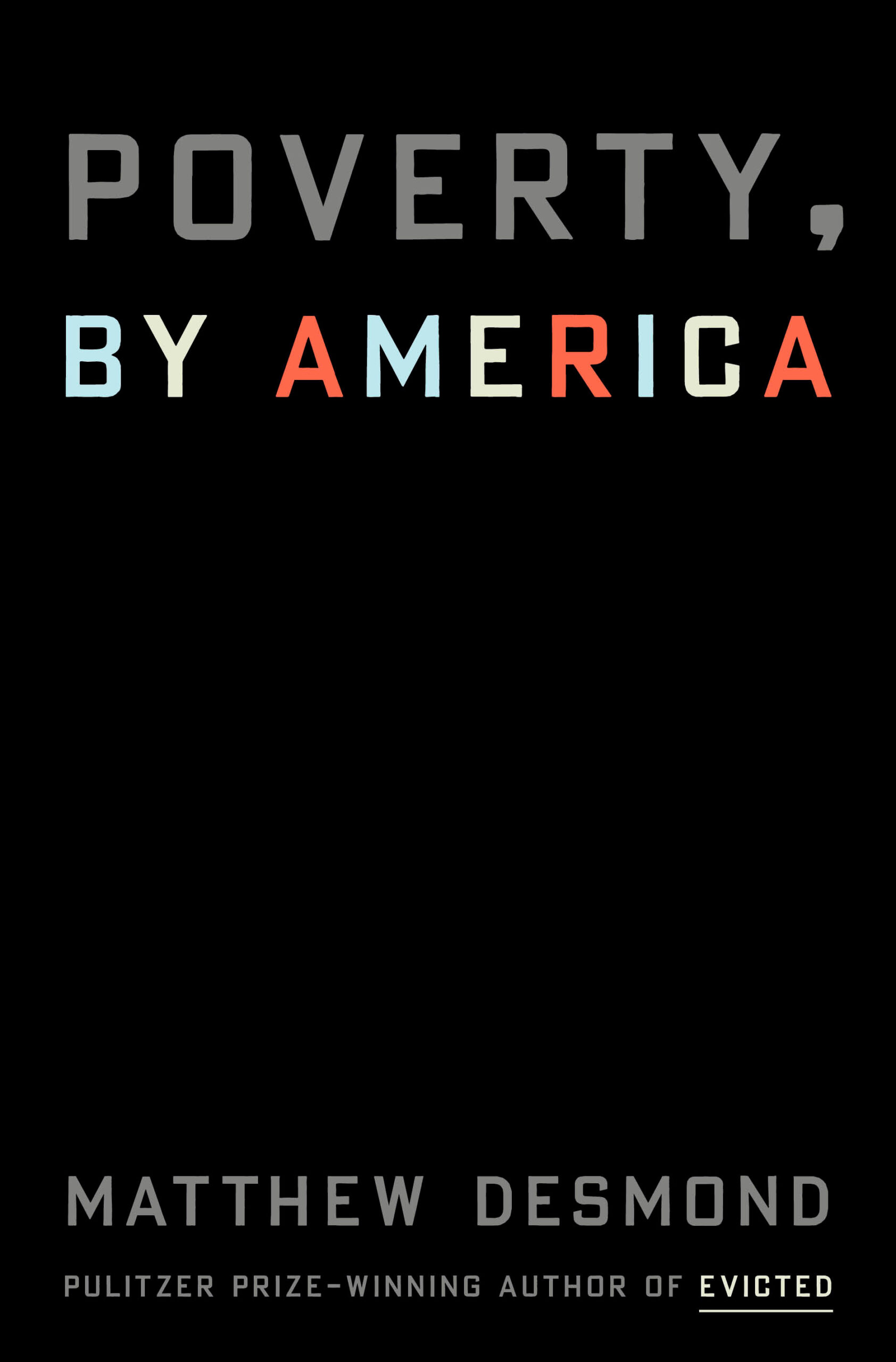
Poverty, by America by Matthew Desmond
While most of the books I feature in this newsletter are by authors of color, I will occasionally share a book by a non person of color that is either about a person of color or highly relevant to BIPOC communities. I’ve noticed there are a lot of non marginalized authors writing nonfiction about people of color in history, which is good, but also sometimes makes me wonder about representation and opportunity in academia, since I know it is severely lacking. That is another issue for another day, though.
Today, I’m recommending this much-anticipated new book by Matthew Desmond because it aims right for the so called morality that lies at the core of the Judeo-Christian American Dream this country was founded on, and asks how it could sentence its most vulnerable citizens to poverty. The U.S. is the richest country on earth, but 1/8 of its children don’t have basic necessities, and the number of people without housing is astronomical. Desmond uses research and original reporting to show how the comfort afforded to some comes at the severe cost of others. Luckily, he also shares how to change it, recommending that we all become poverty abolitionists — a term I really appreciate because of how it calls back to slavery abolitionists (thereby drawing parallels between slavery and capitalism).
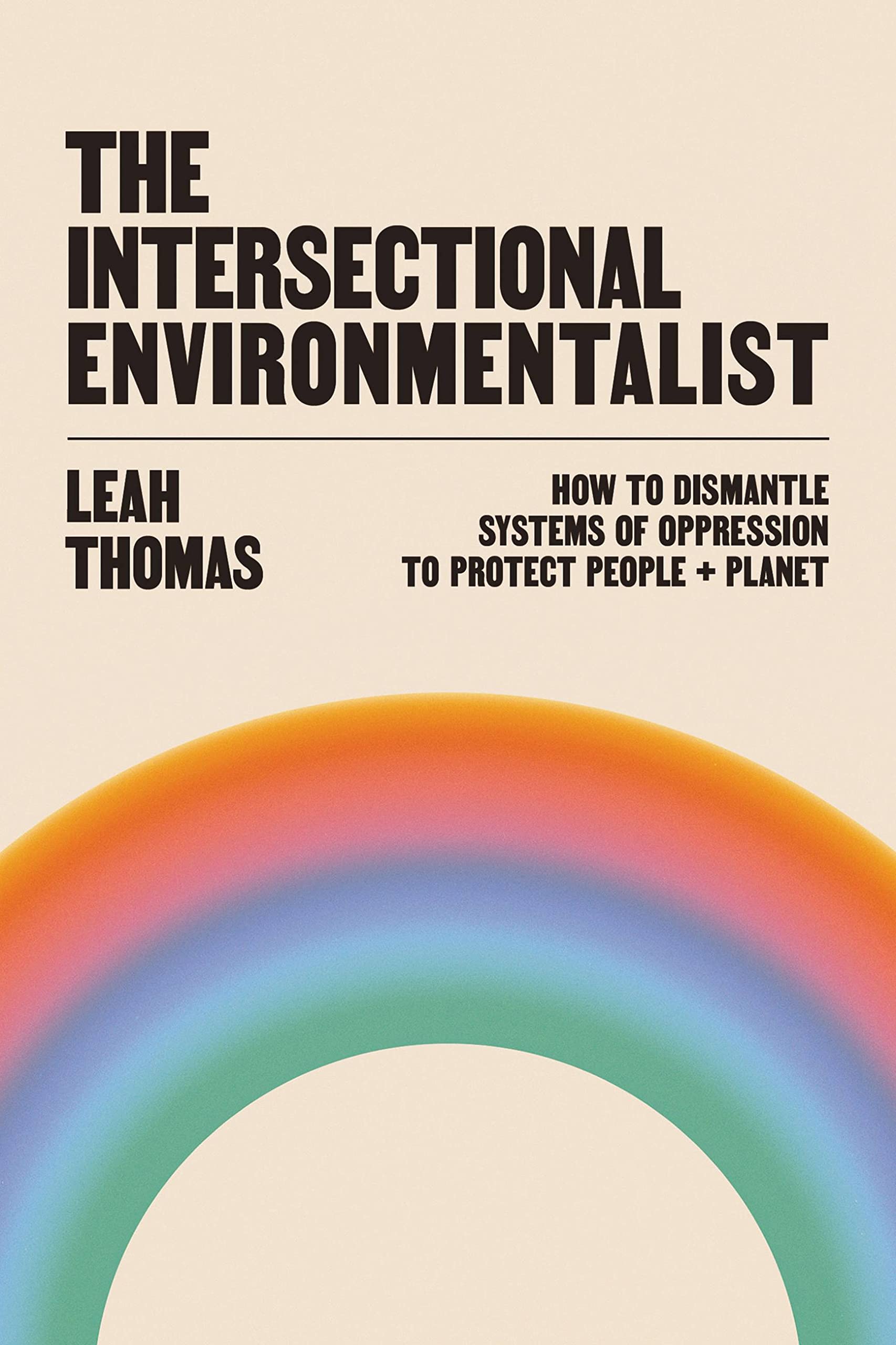
The Intersectional Environmentalist by Leah Thomas
This and the next book fit so well with the first I mentioned because of how absolute and far reaching the system of privilege is in the U.S. Here, Thomas shows how, to save the environment, we have to look at racial discrimination and the communities it’s hurt. This is because Black and Indigenous people are disproportionately affected by environmental injustice, and only by uplifting their voices — and the voices of other BIPOC communities — will we truly be able to tackle issues threatening the planet.
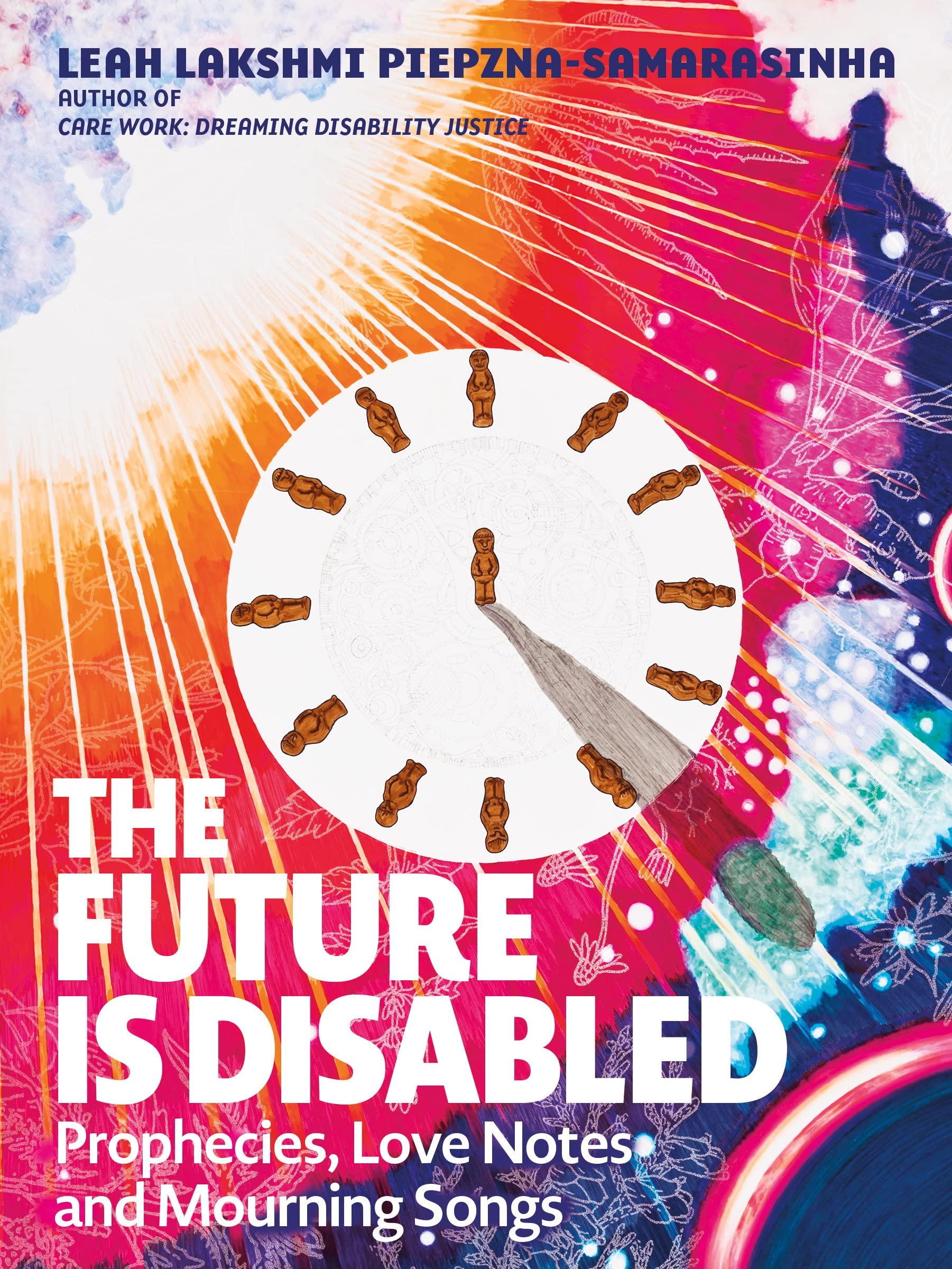
The Future Is Disabled by Leah Lakshmi Piepzna-Samarasinha
Piepzna-Samarasinha writes about how living through COVID has been as a disabled, queer femme-presenting person. The fact that the world was made for non disabled people was made even more clear since the onset of the pandemic, but in this book, they imagine a world where the majority of people are disabled. They posit that disability justice and disability culture is vital to overcoming things like fascism, the environmental crisis, and other issues. They also talk about the care crisis, and how disabled people have supported each other, and how they can continue to.
Thanks for reading; it’s been cute! If you want to reach out and connect, email me at erica@riotnewmedia.com or tweet at me @erica_eze_. You can find me on the Hey YA podcast with the fab Tirzah Price, as well as in the In The Club newsletter.
Until next time,
Erica